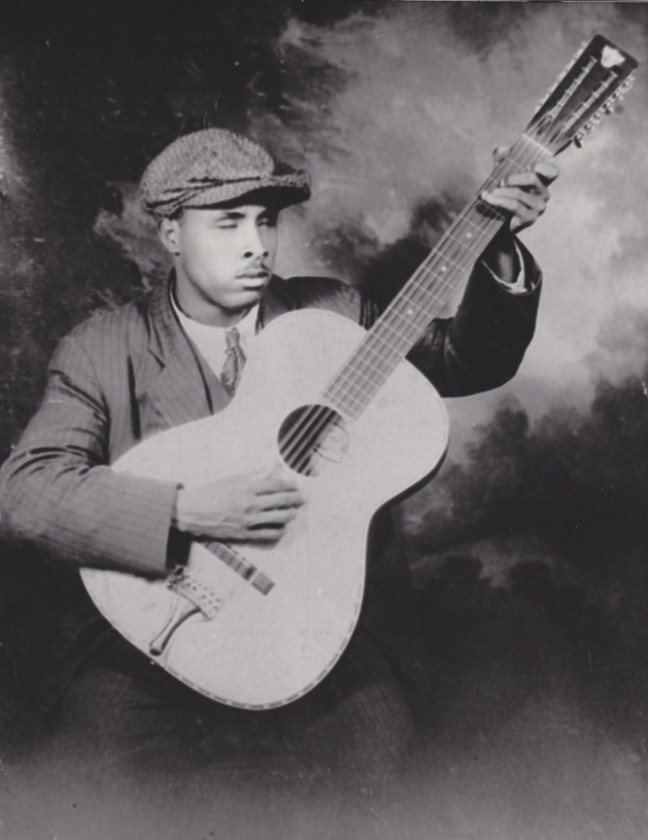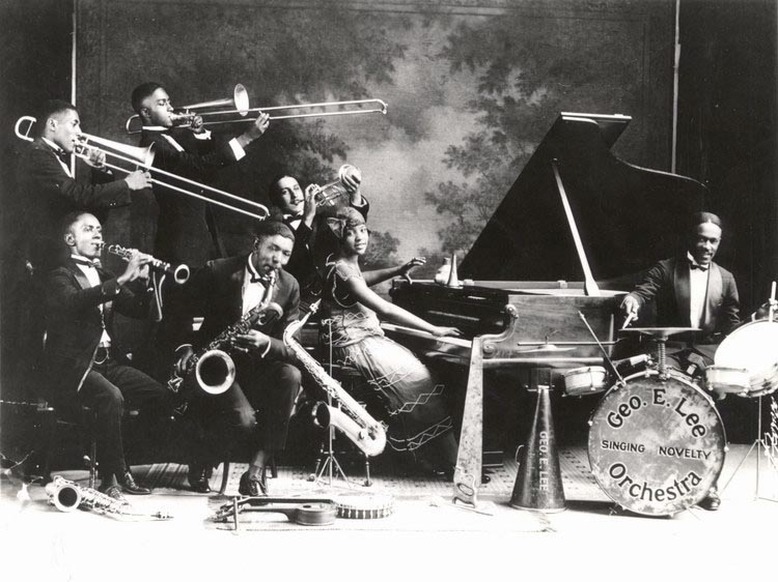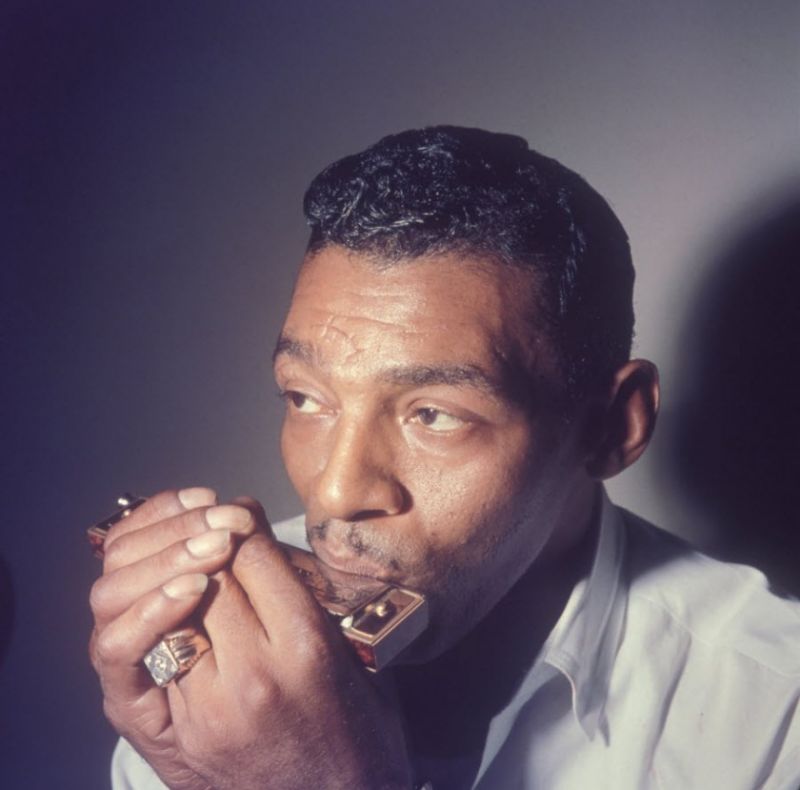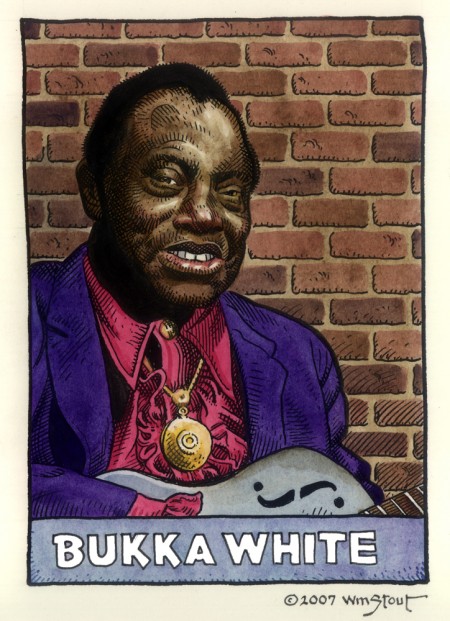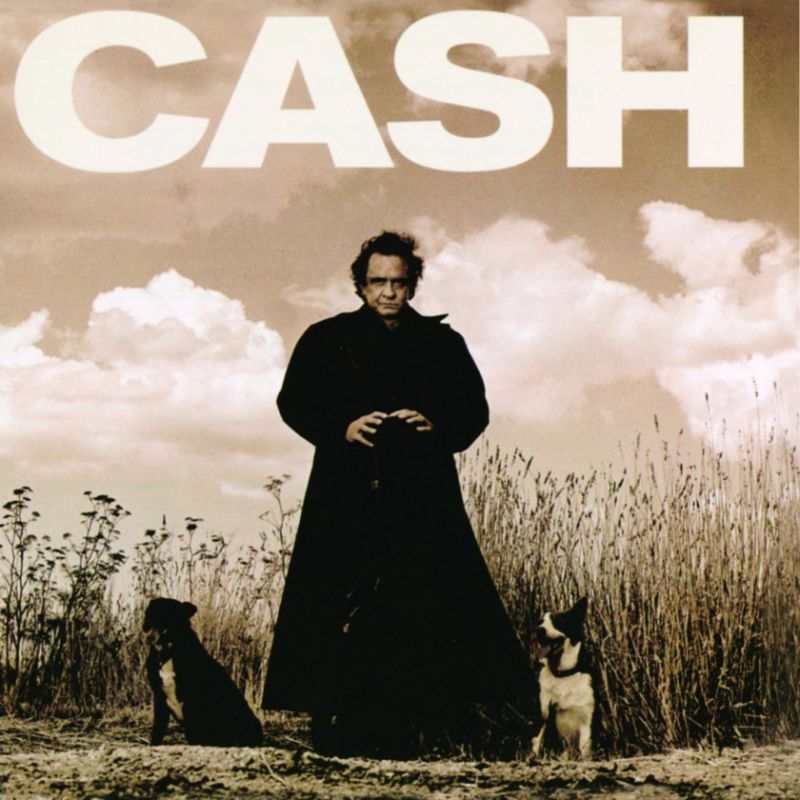May 5: Blind Willie McTell was born in 1898
And I know no one can sing the blues
Like Blind Willie McTell
~Bob Dylan (“Blind Willie McTell”)He was a songster of wide repertoire and as fine a 12-string guitarist as ever lived. The dexterity of his playing was extraordinary, and his voice was an unusually smooth tenor. The interplay between voice and guitar also brought into the equation McTell’s intelligence and wit, and it was the fusion of all these elements that led Bob Dylan to write in his 1983 tribute song that ‘no-one can sing the blues like Blind Willie McTell.’
~Michael Gray (The Bob Dylan Encyclopedia)
Willie Samuel McTell was one of the blues’ greatest guitarists, and also one of the finest singers ever to work in blues.
~Bruce Eder (allmusic.com)
Statesboro Blues:
Continue reading May 5: Blind Willie McTell was born in 1898

